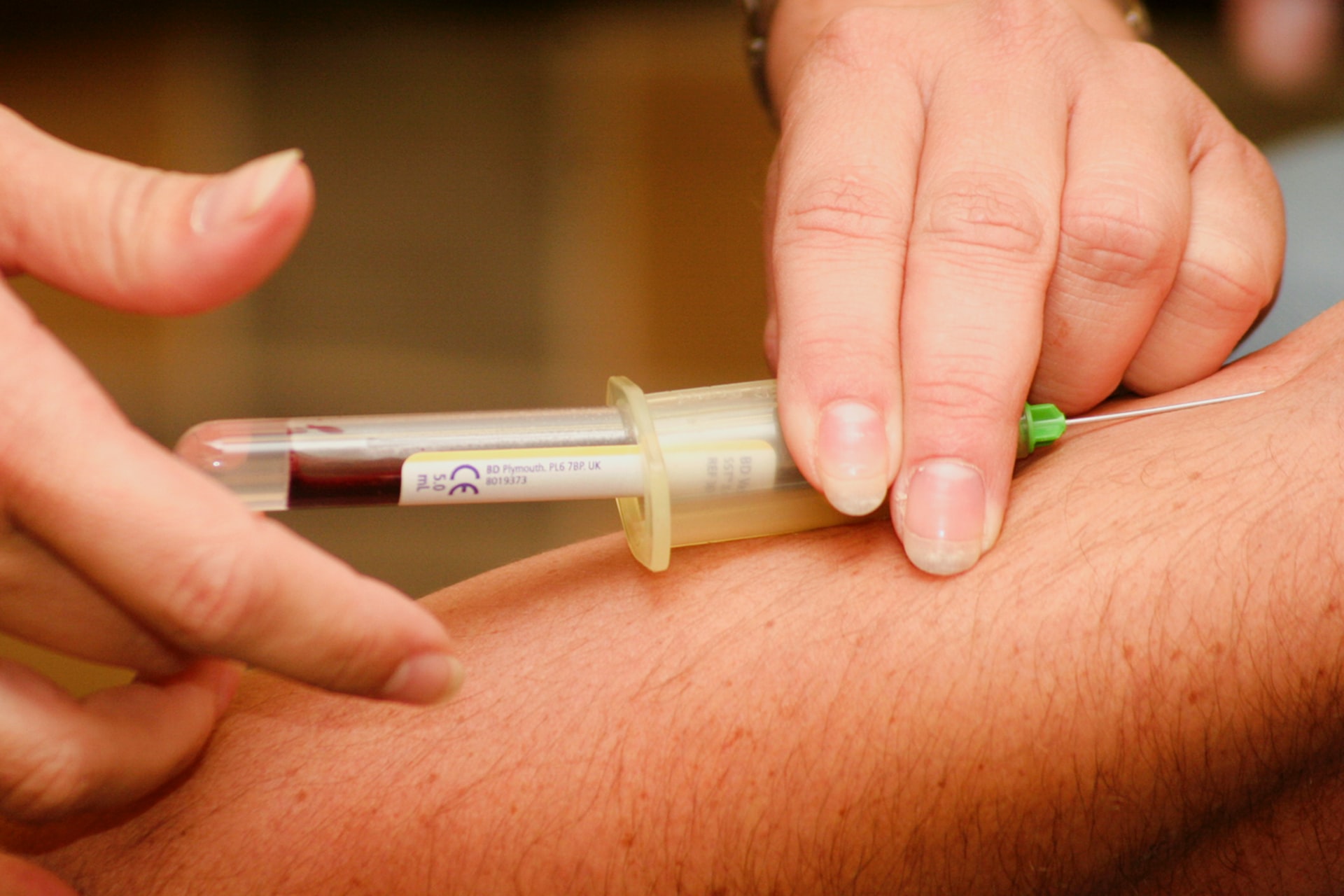
Fasting for Blood Testing: The Facts

Blood testing is a standard procedure that helps detect certain diseases. Not every blood test needs fasting, but specific blood tests require fasting beforehand. If you do not fast before those tests, it will affect your blood test result.
If your doctor has suggested a blood test that requires fasting, you will have to abstain from eating and drinking as it spikes glucose and other nutrient levels in your bloodstream. This will help the lab accurately analyze your blood samples.
In this blog post, we have discussed the type of blood testing that necessitates fasting, how to prepare for such tests, and all the things to avoid while fasting for blood testing.
Types of Blood Tests that Require Fasting
The most common test that requires fasting is the blood sugar test that generally a diabetic patient requires to check their blood sugar level. Secondly, the lipid profile test also requires fasting to check different blood fats present in your body, especially cholesterol.
Lipid and blood glucose tests require at least 8-9 hours of fasting to get accurate results. Iron test, Vitamin B12 test, GGT, and Liver Functioning Tests are some specialized blood tests that require fasting of 8-12 hours to get accurate results.
Blood Testing while Fasting
Abstaining from food is a given when fasting for blood testing, but there are specific liquids, such as water or other medicated fluids, you can take during these 8-12 hours of fasting. Your doctor will mention on the test prescription if these liquids are prohibited.
Blood fasting tests are mainly conducted in the morning for the patient’s convenience, so you can drink and eat at night time a few hours before sleeping. You can then give your blood sample the next morning.
Blood Testing Precautions While Fasting
If you are on medication, let your doctor know beforehand. This is because you cannot skip your medicine. If the medicine is likely to affect your test results, your doctor will notify you, and you can have it after the test is completed.
If you have accidentally consumed any food item except water during the fasting time, inform your doctor immediately. They will determine whether to conduct the test or not. It would be best if you rescheduled your blood test, as the result might not be accurate.
Also, make sure to discuss the blood testing and collection procedure with the sample collector. Once you are satisfied with their sample collection procedure, let them collect your blood sample. Once the test goes smoothly, you can break your fast and eat something.
Final Words:
A blood test is the easiest way to check your health, and fasting for blood testing is required in some cases. So ensure that you know which test requires fasting. Make sure to fast according to your test duration and take medical advice before conducting such tests.


